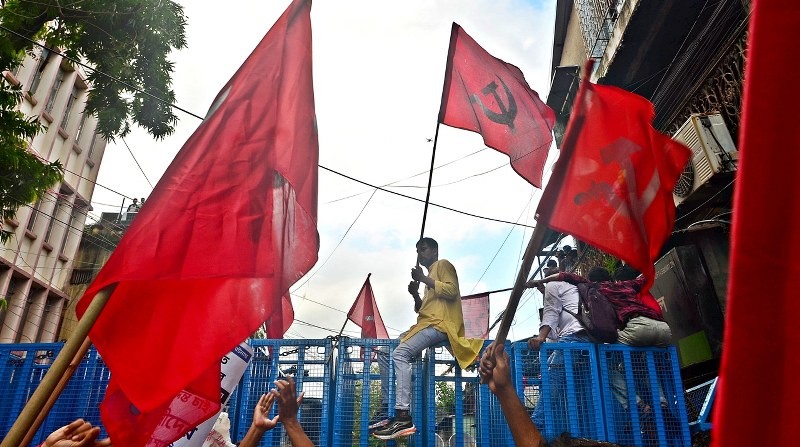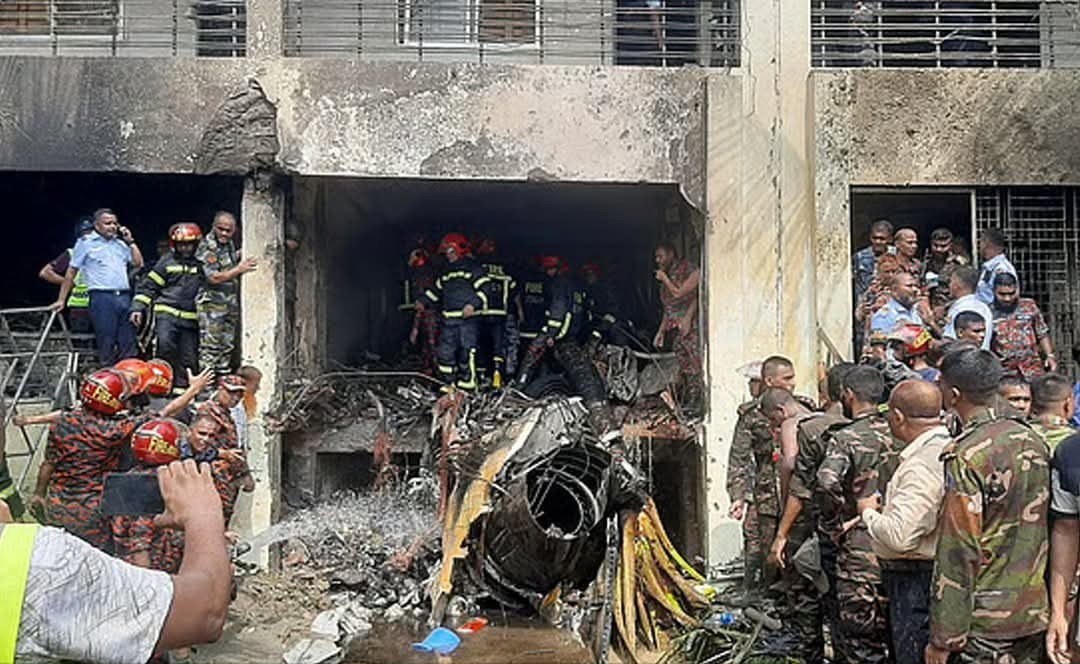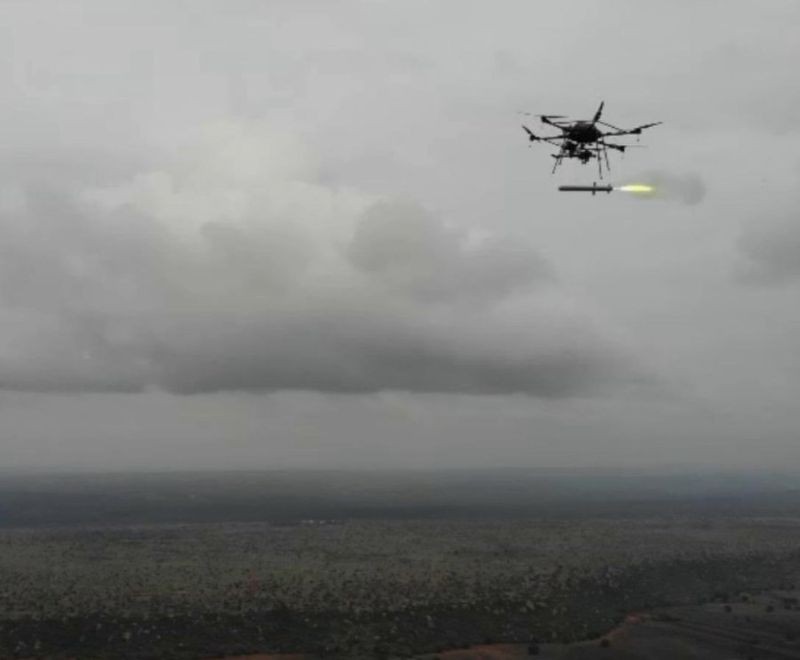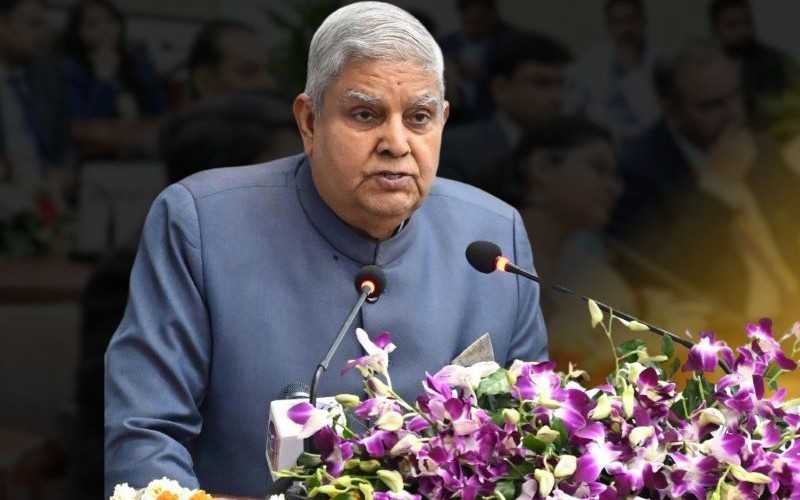Kolkata Metro Railway plans to replace steel third rail with composite aluminium third rail; move estimated to save Rs 210 cr capital investment
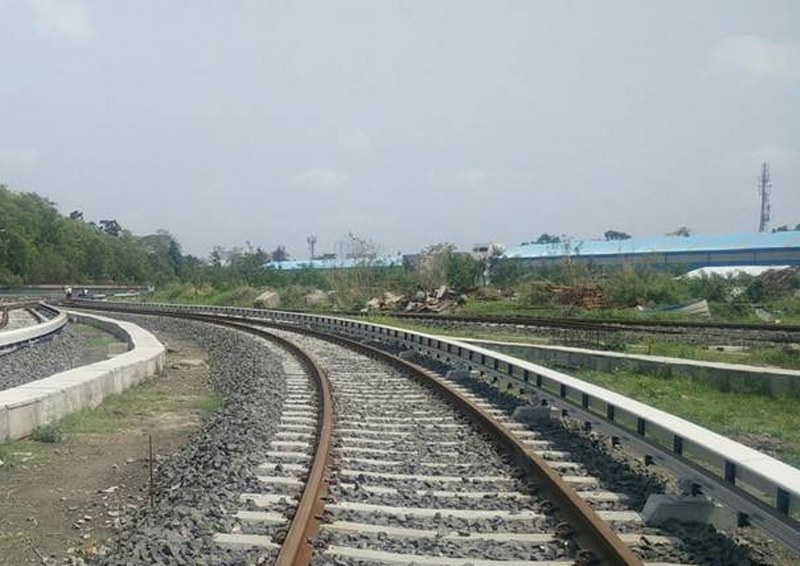
New Delhi: Kolkata Metro Railway has now decided to use composite Aluminium Third Rail in all the upcoming corridors being undertaken for construction along with retrofitment in existing corridors with steel third rail, the Ministry of Railways said on Wednesday.
A total of 35 RKm mainline steel third rail will be replaced in three stages.
“In this regard, Metro Railway Kolkata has floated a tender for replacement of existing third rail, in the first phase to cover the section between Dumdum to Shyambazar,” the ministry said in a statement.
In the second phase, work would be taken up from Shyambazar to Central and J D Park to Tollygunge.
In the third phase, the section between Mahanayak Uttam Kumar (Tollygunge) to Kavi Subhash (New Garia) will be taken up.
With this Metro Railway, Kolkata would become a member of the elite club of London, Moscow, Berlin, Munich, and Istanbul Metro which have also shifted from steel third rail to aluminium third rail.
Kolkata Metro Railway is India’s first Metro built by Indian Railways on October 24, 1984.
For nearly 40 years now, it has been serving as a lifeline for Kolkata.
So far, the power to metro rakes was supplied to rolling stock at 750V DC through steel third rail. The Third Rail Current Collector (TRCC) made of steel fitted on a metro rake collects the current from the third rail.
Advantages of aluminium composite third rail over steel third rail
Reduction in resistive current loss and improved Traction voltage level as the resistance of steel Third Rail is around six times higher than composite Aluminium Third Rail.
On average, a 10 km corridor with the use of aluminium composite third rail would require 01 no. less Traction Substation compared to steel Third Rail i.e. a straight saving of approx. Rs 210 crores capital investment for 35 km of the Metro corridor.
The reduced voltage drop shall facilitate achieving faster acceleration with the same rake available with Kolkata Metro Railway.
Reduced maintenance and life cycle cost. The requirement of painting of Third Rail every 5 years may not be needed anymore. The frequency of measurement of the third rail dimension may be reduced significantly. There may be no possibility of damage due to rusting etc
Improvement in the efficiency of train operations.
Huge improvement in Energy Efficiency and reduction in carbon footprint.
Estimated energy saving using composite Aluminium Third Rail may be approximately 6.7 million units per annum.
Improved headway of the trains.

